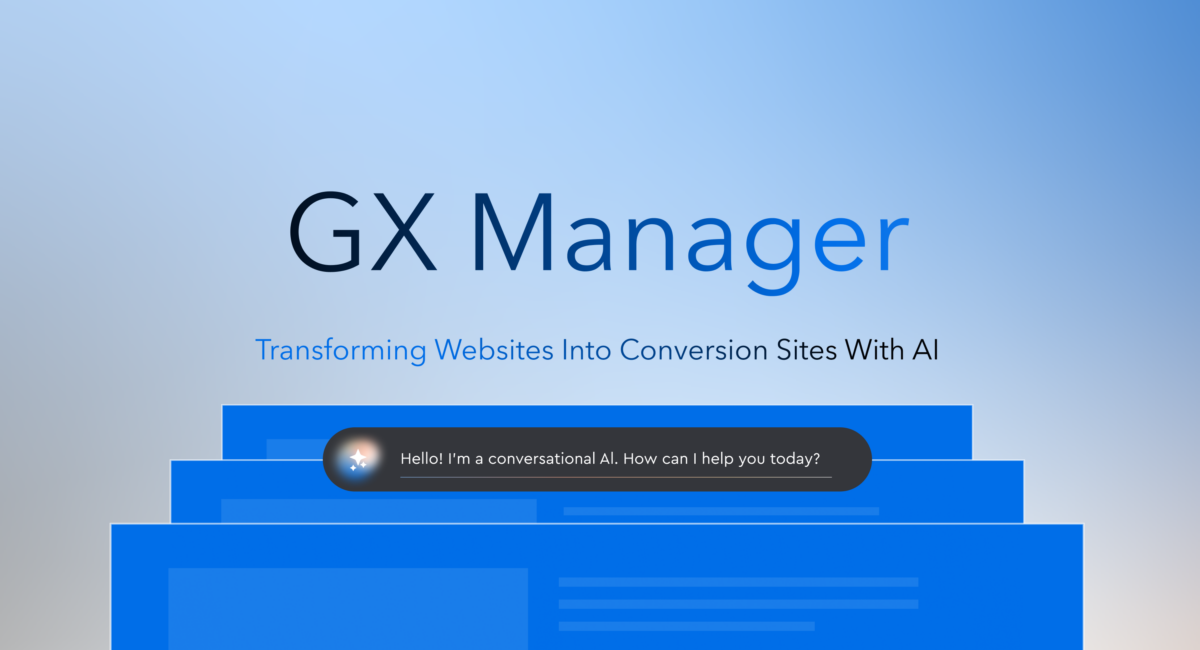|
|
The search for the future of search is on: You might have tried OpenAI’s SearchGPT, a new tool that will surely compete with Google’s AI Overview, while Bing’s Copilot is jockeying for market share as well. Companies urgently need to acquire survival skills for this fast-evolving search landscape.
It starts with the realization that our relationship with information has changed. Because of the large language models (LLMs) that are powering search generative experiences (SGEs), customers are no longer getting served a bunch of links; they’re getting (and, increasingly, expecting) fully baked answers.
It’s a magical proposition for companies in a sense, because AI can help unlock the knowledge that’s locked deep inside thousands of static web pages. But unfortunately, most companies aren’t keeping pace with how AI answers questions and surfaces information about their business. Or even if their content is structured in the right way to be scraped by these tools. It’s a big miss.
Fortifying your brand for the new era of answers requires a mindset shift and a different tool kit. While SEO and SEM are still valuable, the lessons learned from optimizing them don’t neatly transfer to SGE optimization (SEO/SEM are much quicker fixes with 20+ years of best practices). And SGEs and other AI experiences are constantly changing.
It’s time to do a digital checkup to figure out if, when, and how your brand appears in LLM output and how you show up compared to your competitors. If you don’t act, the risk could be grave: If your brand isn’t mentioned in an answer at the beginning of a customer’s research process, for instance, it might never be considered. Your generic traffic as well as branded search could plummet.
And optimizing your websites to be AI readable and intelligible is not just a short- to medium-term play, but also a longer-term play for a world where more autonomous AI systems (like AI agents) will be interpreting and evaluating the information about your company to help potential buyers make decisions.
Here are three places to start:
Understand what you need to understand
LLMs pull from text, images, video, and different types of content, including user-generated content (transcribed content from TikTok is featured within SGE results, for example). Brands must discover which types of search are impacting them (e.g., brand, category, product) and which content formats are “winners” and “losers.”
Understand how the new search could work best for you
Your industry and audience will be important factors in how you can optimize for search. Wavemaker, our fellow WPP agency, found that SGE results are severely restricted and caveated on sensitive topics including finance, gambling, and pharma; that organic content will be impacted more than paid; and that younger demographics will be more likely to be served Gen AI.
Go for a full audit
Understand how your content is performing and appearing through the lens of AI. SJR’s AI Content Readiness audit is powered by a proprietary tool and a team of content and digital strategists who will assess how well your website information is optimized for AI scraping and identify blind spots in your content. This concludes with detailed recommendations on where site information needs to be bolstered and reformatted, as well as editorial guidance on how content can be enhanced.
You know you have the answers… Make sure your customers can find them in the Wild, Wild, West that is the search frontier!







